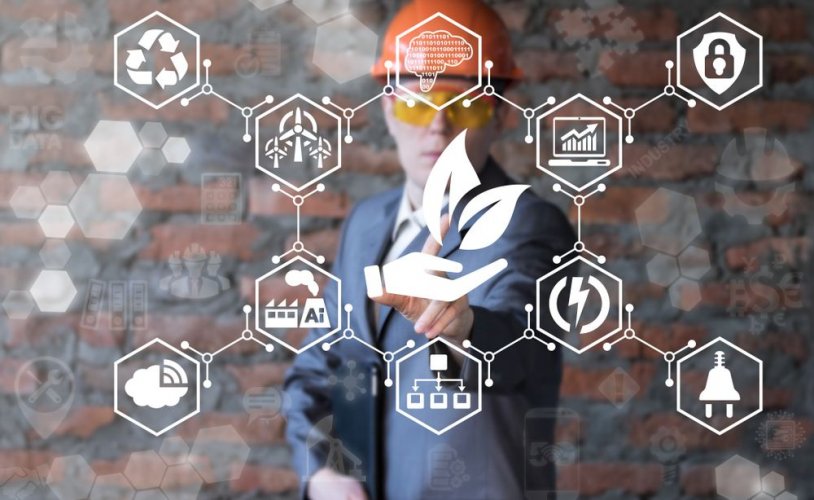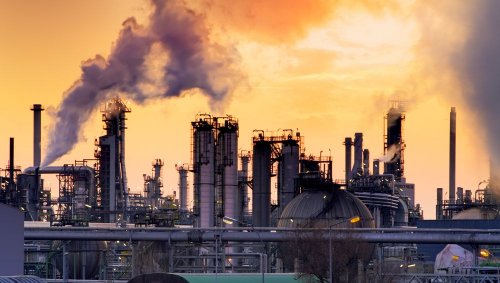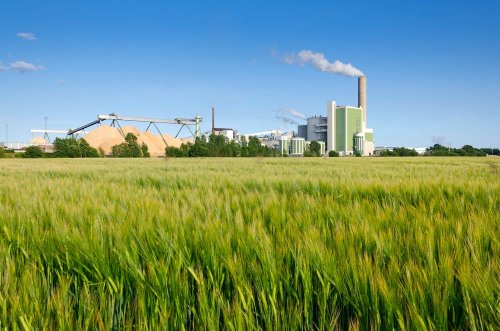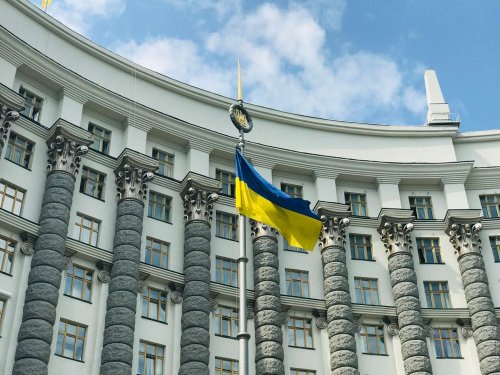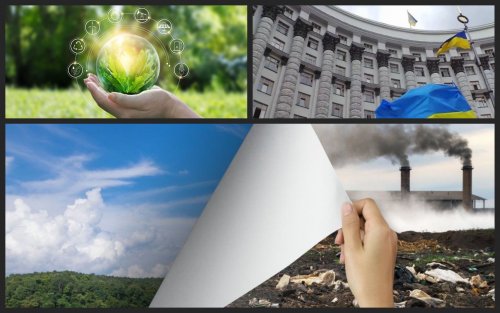In Ukraine, preparations are underway for the second reading of the bill No. 6004-d "On ensuring the constitutional rights of citizens to an environment safe for life and health." The draft law provides for a 12-year period for the modernization of all existing industrial installations, in particular, a year for the introduction of the bill into force, 4 years for the introduction of BAT standards and 7 years for modernization.
EcoPolitic has collected the main theses about the bill.
The document provides that within 12 years all industrial installations will be modernized.
The chronology of modernization will take place as follows:
- 1 year – the introduction of the bill into force;
- 4 years – introduction of BATM standards;
- 7 years – modernization of enterprises.
The bill also provides for an integrated online environmental permit, which officials say will significantly reduce bureaucratic pressure on businesses. The permit will combine permits for waste management, special water use, and air emissions. In addition, it will allow the public to participate in the issuance of permits, which prevents abuse. And government agencies should comprehensively monitor and prevent industrial pollution, because all data will be digitized, which will simplify their analytics.
In the same time, The European Business Association (EBA) called for the completion of 3 key points in the bill for the successful implementation of industrial pollution reform.
The Association believes that draft law No. 6004-d takes into account the interests of business, the state and the public in the most balanced way. Although, the Committee on Environmental Policy and Nature Management recommendedthe Verkhovna Rada to accept this document, "sharp corners" may complicate the process of eco-modernization of domestic industry in accordance with European standards.
According to EBA specialists, the following provisions require improvements:
- Transition to a new licensing system
It is noted that the new permit system should replace three permits for emissions of pollutants into the atmospheric air, special water use (as well as discharge into centralized sewerage systems) and waste management. Already from 2028, business activities in certain areas, such as energy, metallurgy, the chemical industry, waste management, will only be possible with a new permit.
However, the process of collecting documents is quite complicated and lengthy and does not take into account the realities of the war. After all, the information provided by the enterprise may turn out to be irrelevant in a very short period of time and under circumstances independent of the enterprise.
"It is advisable to postpone the transition to new permits for the post-war period and ensure the possibility of obtaining them within four years after the end of martial law," the authors suggested.
- Preservation of current technological standards when issuing new integrated permits
The material emphasized that before the introduction of mandatory eco-modernization for industry based on European best available technologies and management practices (BATM), in draft law No. 6004-d there is an opportunity to obtain an integrated permit. It will be based on current emission standards for those installations that are not economically feasible or impossible to retrofit and have a limited operating life. Among them are the power generating facilities, the operating conditions of which are regulated by the National Plan for the Reduction of Emissions from Large Combustion Plants (NPRE).
It is noted that for other industries, in particular, metallurgy and the glass industry, the current emission standards may change as early as 2024. This will effectively lead to the need for capital investments, although in some cases these plants will still have to be closed, because BAT does not exist for them.
"We propose to allow businesses to obtain new integrated permits based on the current technological emission standards provided for by the current permits," the EBA stressed.
- Revision of requirements for the installation of automated emission monitoring systems (EMS)
The authors emphasized that draft law No. 6004-d defines the EMS requirements for stationary emission sources based on BATM, which is fully consistent with the European approach. However, this process is a rather capital-intensive and lengthy construction and reconstruction project.
They noted that it is not economically feasible to establish a legislative requirement for the arrangement of EMS at facilities and installations that are to be put out of service in the short term after the reform.
The Association proposes to exclude from the obligation the installation of EMS installations, which are planned to be completely decommissioned within a short period of time (2-3 years) after the enactment of the law.
“The introduction of BATM is the biggest challenge for Ukrainian industry and energy. And we will be able to cope with it only with significant financial support from our European colleagues. But these ambitious plans in terms of modernization technologies can be realized no sooner than 10 years after the end of hostilities,” said the head of Committee of Industrial Ecology and Sustainable Development of the Association Stanislav Zinchenko.
Draft Law No. 6004-d definitely has good intentions – we must be part of the green transformation of the economy, just like in the EU. But the main question remains – where to get funding for BATM? Even in Europe for 20 years, not all enterprises have been able to modernize production, and they had both state support and preferential loans for eco-modernization. Ukrainian enterprises are now already facing the biggest challenges since independence – there is a full-scale war in the country, and many enterprises continue to pay taxes, help the army, and implement investment and humanitarian projects. But not everyone will be able to find billions for new environmental technologies, many will have to close. The state should think about the source of funding for this. Ukraine can borrow the experience of the EU in this matter, because the process of transition to more efficient technologies has been going on there for 20 years.
AsEcoPolitic earlier the European Business Association (EBA) called for to finalize the consolidated bill on the control of industrial pollution before it is put to a vote in the Verkhovna Rada.

